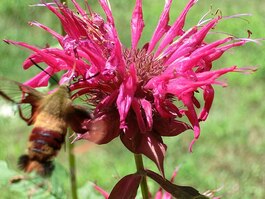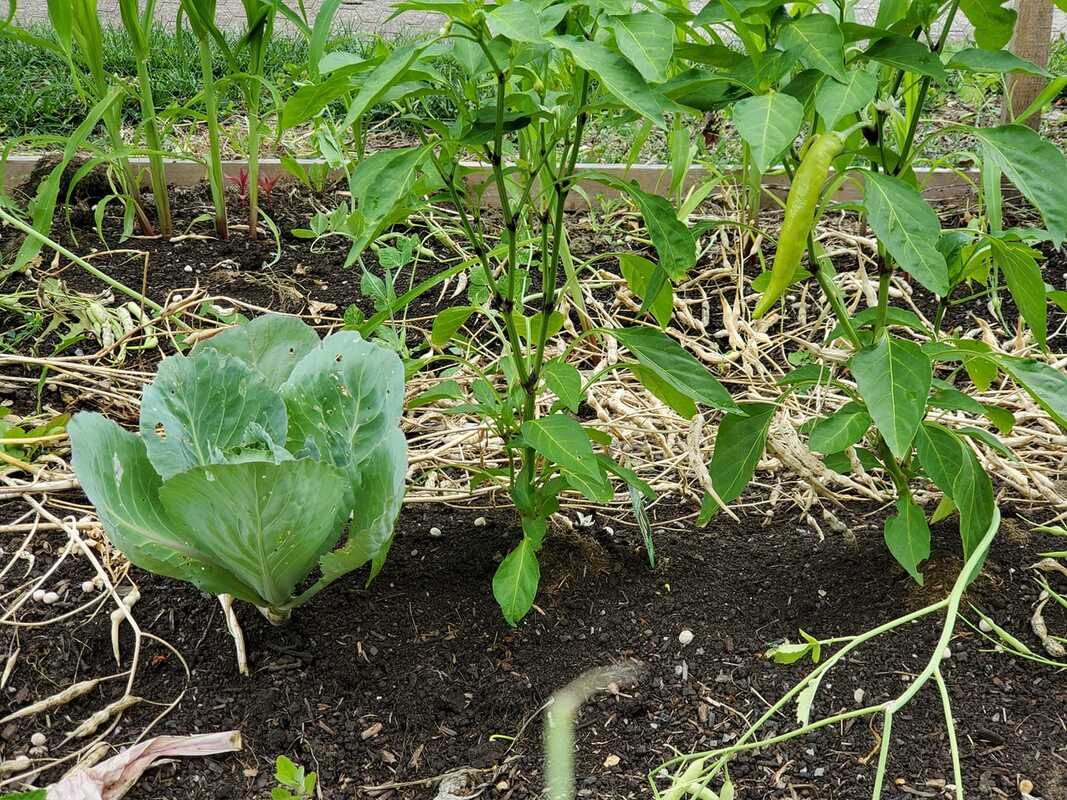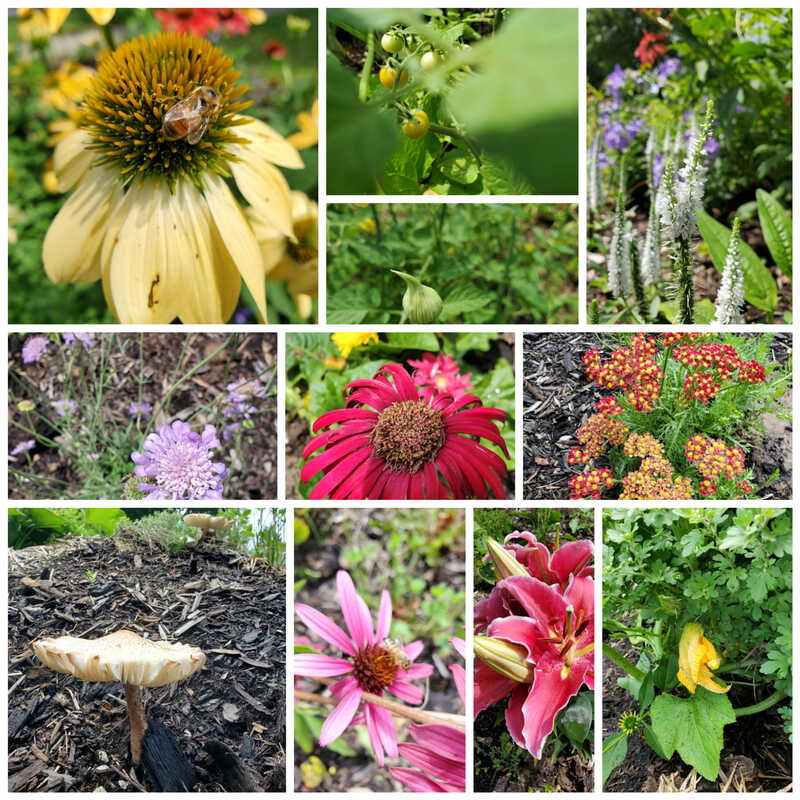
Today, I only offer a short post: a poem that I wrote this morning as a hummingbird floated in and out of my front-yard garden. How can we who teach music become and live eco-literacy if indeed, as I think, being ecologically literate is a way of life. Eco-literacy is more than merely a trendy (or more accurately untrendy) approach to teaching in schools. Echoing my thoughts, in a recent study, Dylan Adams and Gary Beauchamp champion children playing outside, which offers students "states of being and knowings that are not as accessible in schools." How does being ecologically literate every day--conscious of soil/of locality in its full ecological reality, and understanding how that soil connects to global issues--guide the ways we live life? How do we become life-sustaining educators and musicians? The peoples of earth we are born to be. It begins with being present in our bioregion, and our local ecosystem. Where else can we be?
Hummingbird, Hummingbird
Hummingbird, hummingbird, where are you going?
I planted this bee balm to welcome you here
If you choose to stay, I’ll sing you a song
I do not eat meat, you need not fear
But hummingbird hovers, and never stays long
Hummingbird, hummingbird, where are you going?
DS
Link to image: https://upload.wikimedia.org/wikipedia/commons/thumb/d/df/Hummingbird_moth%2C_Massachusetts.jpg/640px-Hummingbird_moth%2C_Massachusetts.jpg


 RSS Feed
RSS Feed
